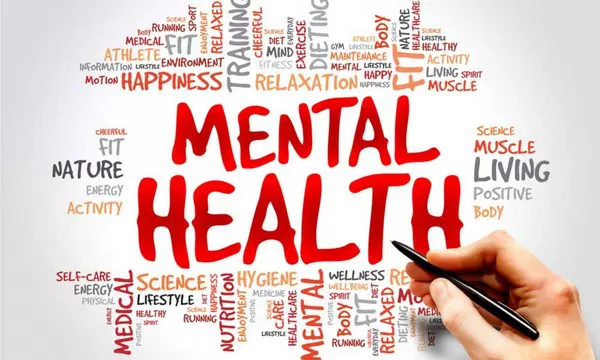The pervasive use of smartphones has become a defining feature of modern life, with 91% of Americans owning a cellphone capable of accessing the internet, a significant increase from just one-third in 2011, according to the Pew Research Center. However, this rapid digital infiltration has raised concerns about the psychological toll of constant connectivity. A recent Gallup poll revealed that 58% of American smartphone users, including 80% of those under 30, feel they are spending too much time on their devices.
A new study by Adrian Ward, an associate professor of marketing at Texas McCombs, provides insight into these concerns and suggests a potential solution. Ward’s research demonstrates that limiting mobile internet access for just two weeks can lead to significant improvements in mental health, well-being, and attention span.
Ward, along with an interdisciplinary team of experts, including psychologists, psychiatrists, and consumer behavior specialists, conducted a controlled experiment to measure the psychological effects of blocking internet access on smartphones. The study involved 467 participants with an average age of 32, who were asked to install an app that restricted all internet access—except for calls and text messages. The app also blocked social media and browsers, leaving users cut off from the online world but still able to use the internet on computers at home, work, or school.
The participants were split into two groups. One group activated the app for the first two weeks of the experiment, while the other group did so during the final two weeks. The researchers assessed the participants’ psychological functioning at the beginning, middle, and end of the study through both self-reported surveys and objective tests.
The results were compelling: blocking mobile internet for just two weeks led to measurable improvements in three key areas: mental health, subjective well-being, and sustained attention. Notably, 91% of participants showed improvement in at least one of these areas, with 71% reporting better mental health than before the intervention. The reduction in symptoms of depression was particularly significant, surpassing the improvements seen in many antidepressant studies.
Attention spans also showed marked improvement, equivalent to reversing 10 years of age-related cognitive decline. Additionally, participants felt progressively better over the course of the two-week offline period.
Ward attributes these psychological benefits to the way blocking mobile internet changed participants’ daily routines. Rather than simply substituting screen time with other forms of entertainment like TV or movies, participants spent more time engaging in offline activities—such as hobbies, face-to-face socializing, or spending time outdoors. They also reported getting more sleep, feeling more socially connected, and having greater control over their own decisions.
The study’s findings offer a potential opportunity for marketers and employers. Ward suggests that consumers may have a growing appetite for technologies that reduce digital stimulation and encourage healthier, more balanced lives. Companies could explore subscription-based business models that minimize the use of attention-grabbing ads. Additionally, employers could consider providing apps to help employees manage their mobile internet use, potentially boosting happiness and productivity.
However, Ward emphasizes that participation should be voluntary. Only 57% of study participants installed the app, and just 25% completed the full two-week offline period. Given that 80% of people acknowledge they use their phones too much, Ward believes that many may be open to such options if offered the choice.
“Maybe you put it to a vote, and people will choose to opt in,” Ward suggests. “The fact that so many people think they use their phones too much suggests that they might.”
In conclusion, this study highlights the psychological benefits of disconnecting from the constant barrage of mobile internet, offering new insights into how a short-term break can lead to long-term improvements in mental health and cognitive function.
You Might Be Interested In:
-
Low Vitamin D in First Trimester Linked to Higher Preterm Birth Risk and Reduced Fetal Length
-
Fewer Than 20% of Women Screened for Cardiovascular Risk After Pregnancy Complications


